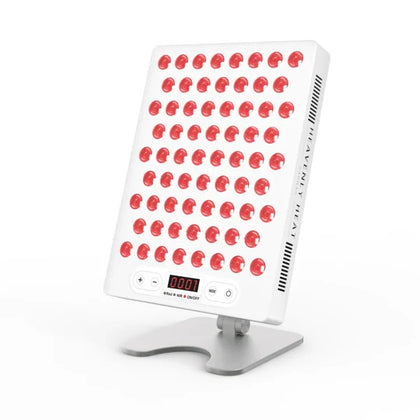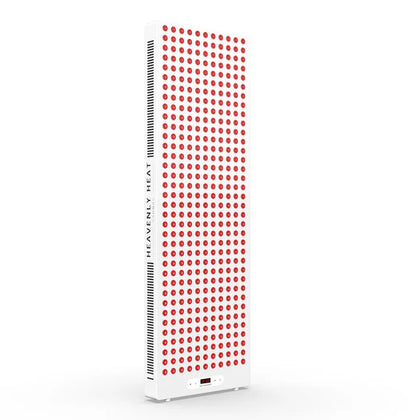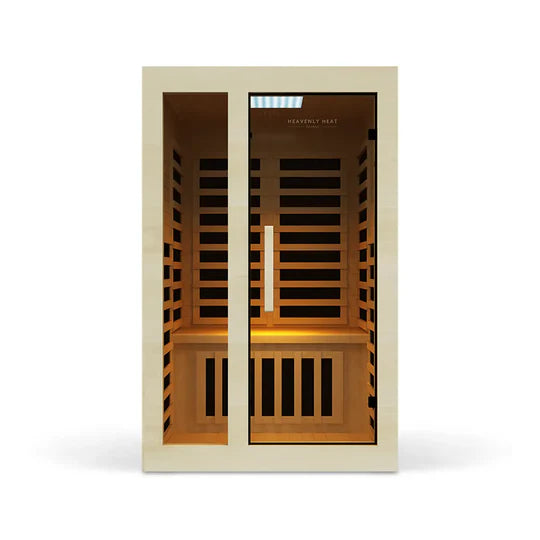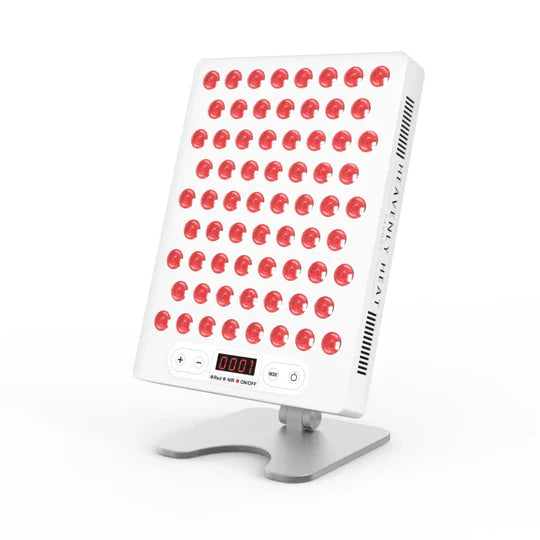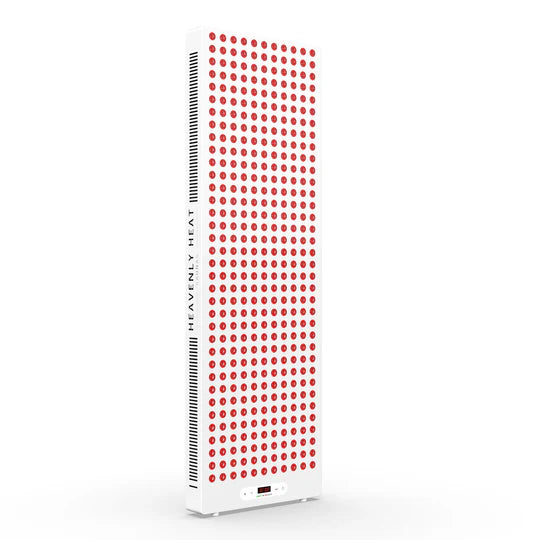Can You Do a Cold Plunge While Pregnant?

Feeling sore, stressed, or exhausted during pregnancy? Cold plunges seem like a magical fix, they reduce inflammation, boost mood, and soothe pain.
But wait. You’re pregnant… is it still safe? Turns out, it could harm your baby by restricting blood flow or even triggering preterm labor. Don’t worry, this article breaks it all down and shares safer, expert-backed alternatives.
Table of contents
Key Takeaways
-
Avoid Cold Plunges While Pregnant: Sudden cold exposure can stress your body and harm your baby.
-
Know the Risks: Cold plunges may cause hypothermia, fainting, or trigger contractions.
-
Understand Health Conditions: Heart issues, high blood pressure, or past pregnancy complications make cold plunges riskier.
-
Ask Your Doctor First: Always get medical advice before trying cold exposure during pregnancy.
-
Try Safer Alternatives: For pain relief and mood boosts, consider gentle movement, warm baths, or prenatal yoga.
Is Cold Plunge Safe During Pregnancy?
Cold plunging during pregnancy is generally not recommended due to potential risks. Sudden cold exposure can affect circulation and stress the body, which may harm both mother and baby.
Always consult a healthcare provider before attempting cold plunges while pregnant, as individual health conditions vary.
What Are the Risks of Doing a Cold Plunge During Pregnancy?
Sudden Temperature Changes Can Affect Circulation
Sudden temperature changes, like those from a cold plunge, can narrow blood vessels and reduce blood flow, especially to the placenta.
This can impact fetal health and body temperature regulation. Pregnant women should be cautious, as disrupted circulation may pose risks.
Increased Risk of Hypothermia
Cold plunges during pregnancy can raise the risk of hypothermia, a dangerous drop in body temperature below 95°F. Pregnancy affects how the body handles cold, making it harder to stay warm.
Hormonal changes, poor circulation, and added strain on the body increase vulnerability. Hypothermia can harm both mother and baby, making cold exposure especially risky during pregnancy.
Stress on the Cardiovascular System
Cold plunges raise heart rate and blood pressure, and pregnant individuals may feel this more intensely.
This stress can impact blood flow and potentially affect the baby. According to Taylor & Francis Online, cold exposure increases cardiovascular strain and may heighten risks like arrhythmia or ischemia, especially with underlying conditions.
Given these factors, pregnant individuals should consult a doctor before trying cold plunges.

Risk of Uterine Contractions
Cold plunges during pregnancy may trigger abnormal uterine contractions. Excessive or prolonged contractions can reduce oxygen to the fetus, risking fetal distress.
Inadequate contractions may cause prolonged labor and elevate the chance of postpartum hemorrhage, making cold exposure potentially unsafe for pregnant individuals.
Dizziness or Fainting
Dizziness or fainting during pregnancy can result from low blood pressure, dehydration, or underlying medical conditions.
While mild dizziness may be common, frequent or severe episodes, known as syncope, require prompt medical evaluation to rule out serious risks and ensure the safety of both mother and baby.
Increased Risk of Infection
Cold plunges during pregnancy may raise infection risk due to a weakened immune system.
Pregnant individuals with chronic conditions, immunosuppressive treatments, or skin breaks face higher susceptibility to respiratory, urinary, and skin infections. Preventive care and hygiene are critical to reduce exposure and complications.
What Underlying Conditions Make Ice Baths Riskier During Pregnancy?
-
Heart Problems or Poor Circulation: Conditions that affect the heart or blood flow can make it harder for the body to regulate temperature safely during cold exposure.
-
High Blood Pressure During Pregnancy: Ice baths may increase blood pressure, which is already a concern during pregnancy for those with gestational hypertension or preeclampsia.
-
Gestational Diabetes: This condition can affect how the body responds to stress, including cold stress, making ice baths potentially risky.
-
History of Early Labor or Miscarriages: Cold exposure might stimulate uterine activity, increasing the risk for those with a history of complications.
-
Low Amniotic Fluid or Placental Issues: These conditions may indicate that the pregnancy is already high-risk, and extra stress from cold immersion could be harmful.
-
Cold Sensitivity: If you're very sensitive to cold, ice baths may cause discomfort, shivering, or even shock-like reactions, making them unsafe.
-
Nerve or Muscle Conditions: Issues that affect movement or nerve control can make it harder to get out of the ice bath safely or sense danger signs like numbness or stiffness.
What Should the Water Temperature Be for a Safe Cold Plunge During Pregnancy?
To safely enjoy cold plunging during pregnancy, keep the water temperature between 54°F and 59°F (12°C to 15°C), limit sessions to 5–10 minutes, and plunge no more than once a week.
Gradually acclimate to colder water and always consult your healthcare provider to ensure it’s safe for your individual situation.
Cold Plunge Benefits While Pregnant
Reduced Inflammation
When you're pregnant, keeping inflammation low can help you feel more comfortable and healthy.
Cold plunges do this in a pretty cool way. They first cause a quick spike in inflammation, which sounds scary,but it actually teaches your body to respond better and reduce long-term inflammation.
According to a 2025 study in PLOS ONE, regular cold plunges helped people feel better overall by improving how their body handles stress and inflammation.
Mood and Mental Health Support
Feeling down, anxious, or overwhelmed during pregnancy is common, but cold plunging may help boost your mood naturally.
Cold exposure activates brain networks linked to positive emotions, helping you feel more alert, proud, and inspired.
In one fMRI study, just five minutes of cold-water immersion triggered unique brain activity tied to improved emotional balance.
Another study with college students found a 15-point mood improvement after a short cold plunge, with big drops in tension, fatigue, and depression.
These results suggest cold plunges may support mental well-being, even without exercise involved.
Sleep Quality
Cold plunges may help improve sleep quality, which is especially important during pregnancy when restful sleep can be hard to come by.
Lowering core body temperature through cold immersion helps activate the parasympathetic nervous system, promoting deeper, more restorative sleep.
One study on endurance runners found that full-body cold water immersion significantly increased slow-wave sleep and reduced night-time arousals and limb movement, key markers of better sleep quality.
Another large review confirmed cold plunges can improve sleep, lower stress after 12 hours, and enhance overall wellbeing.
So if sleep’s a struggle during pregnancy, cold exposure might gently help reset your sleep cycle.

Boosted Immune Response
Cold plunges may do more than just wake you up, they can give your immune system a helpful nudge.
The brief shock of cold exposure triggers a stress response in the body, increasing circulation and stimulating immune activity over time.
One study found that after six weeks of cold water immersion, participants showed a rise in immune markers like T lymphocytes and monocytes.
Another study showed that people who took cold showers daily had higher levels of antibodies and key cytokines that help fight infections. This suggests cold therapy may gently prime your immunity.

FAQs
Is cold weather bad for pregnancy?
Cold weather isn't inherently harmful during pregnancy, but exposure to extreme cold or sudden temperature changes can pose risks. Research shows that extreme cold, especially in early pregnancy, may increase the chances of premature birth and low birth weight in newborns.
Can taking an ice bath increase the risk of preterm birth?
Taking an ice bath while pregnant can raise the risk of preterm birth. Cold exposure creates stress that may trigger early labor by causing the uterus to cramp. A drop in core body temperature can also signal the body to start labor too soon. Ice baths may affect hormone levels like oxytocin, which helps control contractions. Sudden cold can reduce blood flow and increase tension in the body, leading to possible early changes in the cervix. These changes might include softening or dilation, which are early signs of labor. For these reasons, cold plunges during pregnancy may not be safe.
Can I drink ice water during pregnancy?
Yes, drinking ice water during pregnancy is generally safe. There is no medical evidence that cold or ice water harms fetal development or maternal health. The baby remains well-protected in the womb, so the temperature of the water you drink does not pose any risk.
Is cold plunge safe while pregnant in the first trimester?
Cold plunging during the first trimester of pregnancy is generally not recommended due to potential risks. Sudden changes in blood pressure and heart rate may pose concerns, and research is limited. Always consult a healthcare professional before attempting cold water immersion while pregnant.
Can you do hot yoga while pregnant?
Yes, you can, but be careful. According to WebMD, prenatal yoga helps mood, sleep, strength, and pain. Avoid overheating, drink water, and listen to your body. Try walking or swimming too, they're safe and good during pregnancy.
Can you do saunas while pregnant?
Yes, you can do cold plunges while pregnant, according to WebMD, as long as you avoid extreme temperatures. Stay under 10 minutes, monitor how you feel, and avoid chills. Benefits include reduced swelling, improved mood, and better sleep. Always consult your doctor first.






